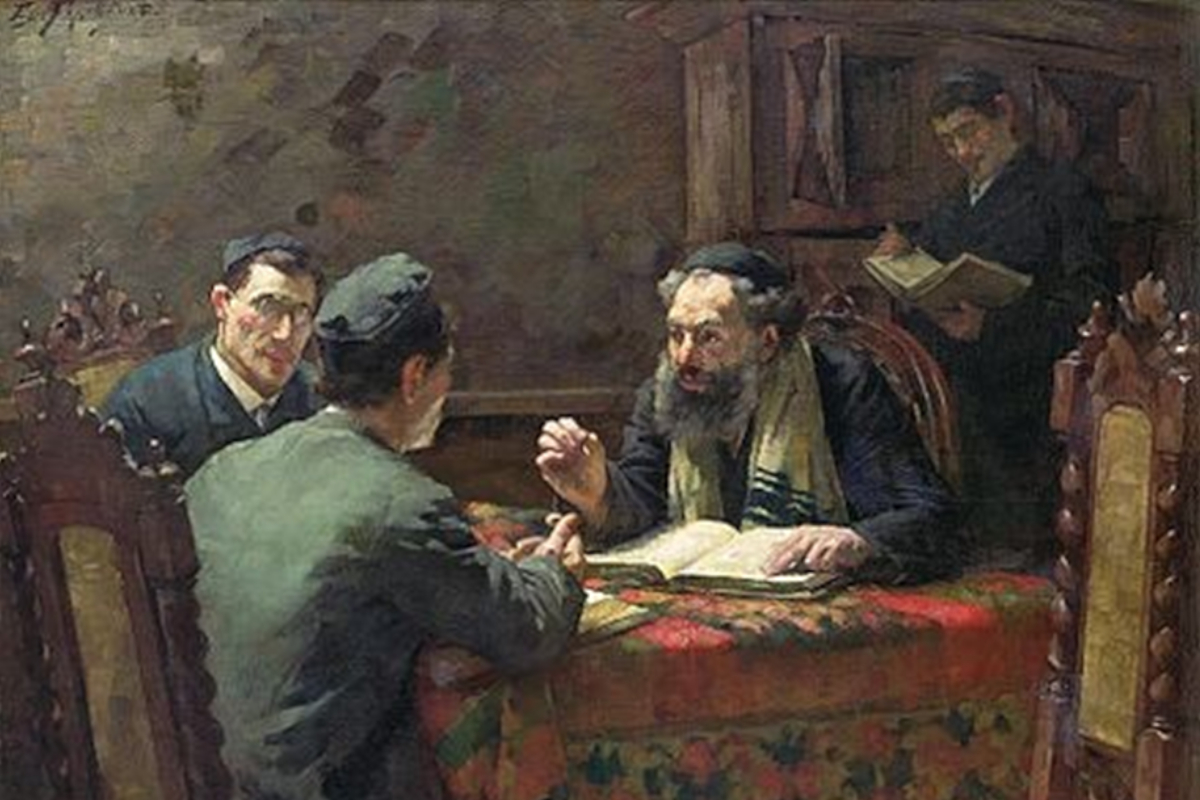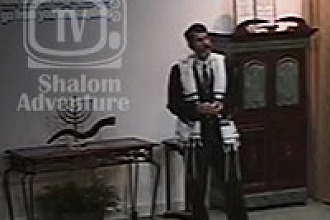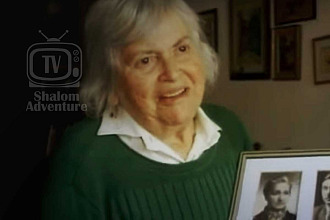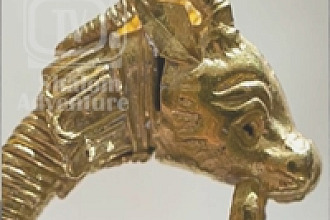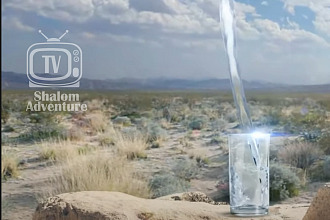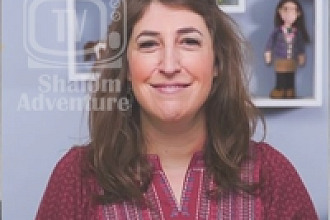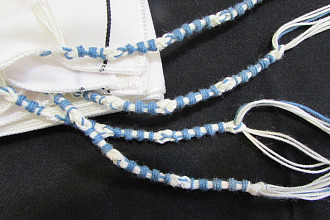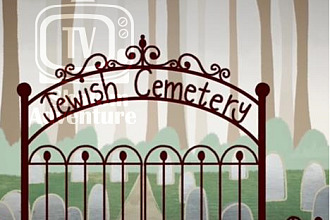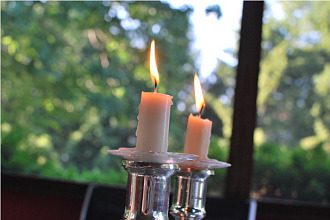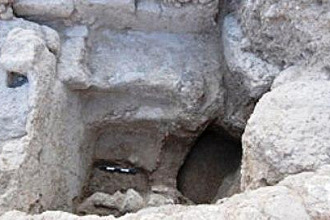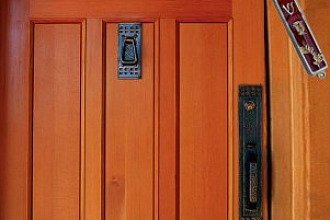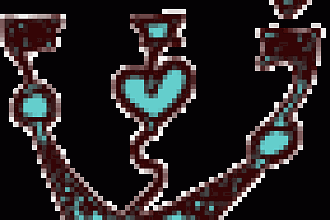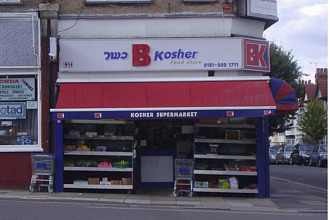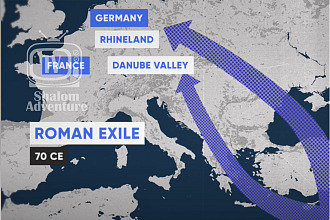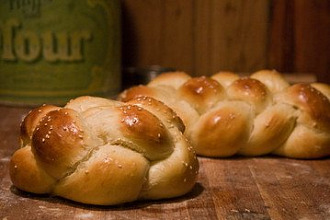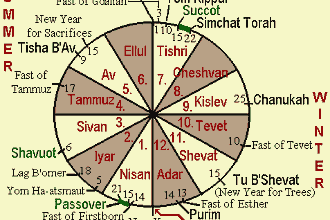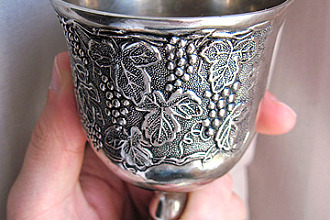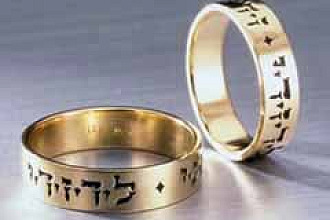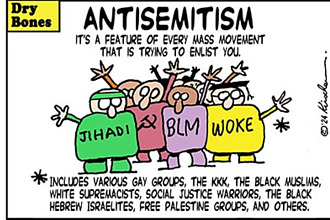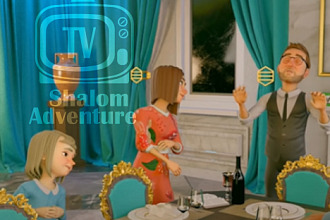Many understand the Torah to be the five books of Moses.
And that is true but what many Jews call Torah is not the Torah but what is commonly referred to as the Oral Torah. The Oral Torah contains statements made by Jewish teachers/Rabbis that helped shape modern Judaism and is responsible for instituting many Jewish traditions and interruptions of the Bible.
Is this good or bad? Well that depends on what is taught. Tradition in itself is not a sin, but to elevate human opinions to the same level as Torah is a sin and interruptions are not bad as long as the conclusions are supported by the Bible. The Torah of God says “You shall not add to the word which I command you, nor take from it, that you may keep the commandments of the Lord your God which I command you.” Deuteronomy 4:2 and again “Whatever I command you, be careful to observe it; you shall not add to it nor take away from it.” Deuteronomy 12:32
Some may insist that the Oral Torah is not adding but simply revealing what God already said to Moses but left out of his writings, but the Torah states “The secret things belong to the Lord our God, but those things which are revealed belong to us and to our children forever, that we may do all the words of this law.” Deuteronomy 29:29 Moses gives us the things that are revealed in the Torah.
If we are to follow Biblical Judaism, which means believing everything about God and accept the Messiah as taught in the Bible, we need to be wary of anyone claiming to have secret information from God. This is not to say there cannot be a new revelation about God, but that everything has to be based on what God already revealed and cannot contradict it.
“To the law and to the testimony! If they do not speak according to this word, it is because there is no light in them.” Isaiah 8:20. Notice, it does not say if a teaching is not from the Bible it is okay to think it is equal to the Bible as long as it comes from a Rabbi because if a Jew says so that must be proof that there is some light in it, it says there is no light it in a statement that is not supported by the Bible. If something in the “Oral Torah” cannot be found in the Torah, it is not Torah and should not be treated like it.
Picture originally found here

